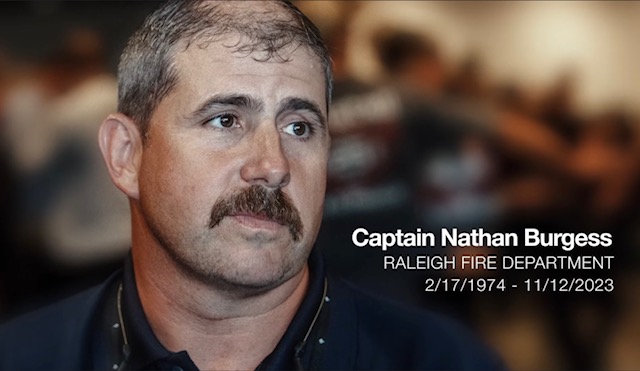Have you ever had a night where you cannot sleep, and your brain just won’t shut off? You know the ones where every conversation you had that day is playing on repeat? Every article you have read is burned into your eyes and it’s all you see? It was in the middle of one of those nights that The Phoenix Project 780 was born.
Walking out of a doctor’s office with a probable diagnosis of cancer is hard. Monday evening on May 9th, 2022, we did just that, and that day changed our life forever.
•••

My husband Nathan had been complaining of a persistent sore throat and eventually went to see his primary care physician. With no change after a round of antibiotics, he was referred to an ENT. At the end of his initial appointment, Nathan’s doctor told him “I am 99.9% sure you have throat cancer. You need to have an emergency CT this week and I need you to meet me in the O.R. on Friday”. A CT was scheduled for Wednesday and on Friday morning, May 13th, Nathan underwent surgery to confirm his diagnosis.
A cancer diagnosis is a tough blow for anyone to process but for Nathan, it was devastating. As a career firefighter, a throat cancer diagnosis changed everything and left him questioning if his career of 25 years was over. At the time, there was no way we could have known that he would never put on his turnout gear again.
The summer of 2022 was spent in the hospital with daily radiation therapy treatments and weekly chemotherapy treatments. Nathan was enrolled into a trial study and scheduled for 35 rounds of radiation plus 6 rounds of chemo. Due to a weeklong stay in ICU, it would take 9 weeks to complete his treatments.
Once treatments were finished, Nathan never went back to his “normal” life. Nathan lost over 100 pounds. He not only had daily physical therapy sessions to address lymphedema of the throat, he also lost his hearing, he had equilibrium issues, his voice box became paralyzed, his airway was compromised, he had permanent loss of taste, he struggled with trismus, and due to the radiation damage in his throat, he aspirated whenever he tried to eat. On September 8th, 2023, Nathan underwent surgery for a feeding tube placement after several hospitalizations due to aspiration pneumonia. During that surgery, they confirmed that the cancer was still there, and it was growing at a much faster rate than anticipated. His case was presented to the Duke Tumor Board, but he was not recommended as a candidate for surgical tumor removal due to carotid artery involvement. He began immunotherapy treatments with the hope of slowing down the growth of the cancer. On November 10th, 2023, Nathan began bleeding from his carotid artery while in the middle of an immunotherapy treatment. He passed away on November 12th at the age of 49.
During all of this, I watched my husband’s health steadily decline. As his primary caregiver, I crushed over 1,000 pills a month, administered tube feeds, advocated for his health, and became his voice when he couldn’t speak. Watching him struggle to breathe, walk, talk, and perform simple daily tasks was extremely difficult. Truly, I spent 18 months watching him die.
I learned a lot in those 18 months. A lot about myself, about cancer, and about life. But what was most alarming was learning about the staggering statistics of cancer diagnoses in firefighters. Nathan’s story is not unique. Firefighters are diagnosed every day with occupational cancer due to the extreme yet uncommon environments they work in. Firefighters are exposed to toxic chemicals and carcinogens at a much higher rate than the average person. People mistake the most dangerous part of firefighting to be fighting the actual fire, not what happens after the fire. Firefighters leave the fire grounds with not only the emotional trauma that comes with some of the emergencies they are dispatched to, but also with unknown levels of exposures to toxins. The question never was how much damage did that call do to your body, when it should have been the question all along. In the middle of the night, I would find myself wondering which calls could have caused his cancer. Did he save someone that night? Who else was on that call that was also exposed? What safety measures do departments take to reduce the number of exposures their firefighters have? What could be done differently? How can I keep this from happening to someone else?
I knew I wanted this “thing” to be something related to fire. If you look up the phoenix, it is a bird that rises from the ashes reborn better than it was before, and that is where The Phoenix Project 780’s name came from. I strongly feel that by having the hard conversations, by making sure firefighters are educated on the inherent dangers of their job, and by making sure they have access to the proper tools and equipment to reduce their exposure levels, we can make it better for them. We must make it better for them. They are risking their lives in more ways than one to save ours.
